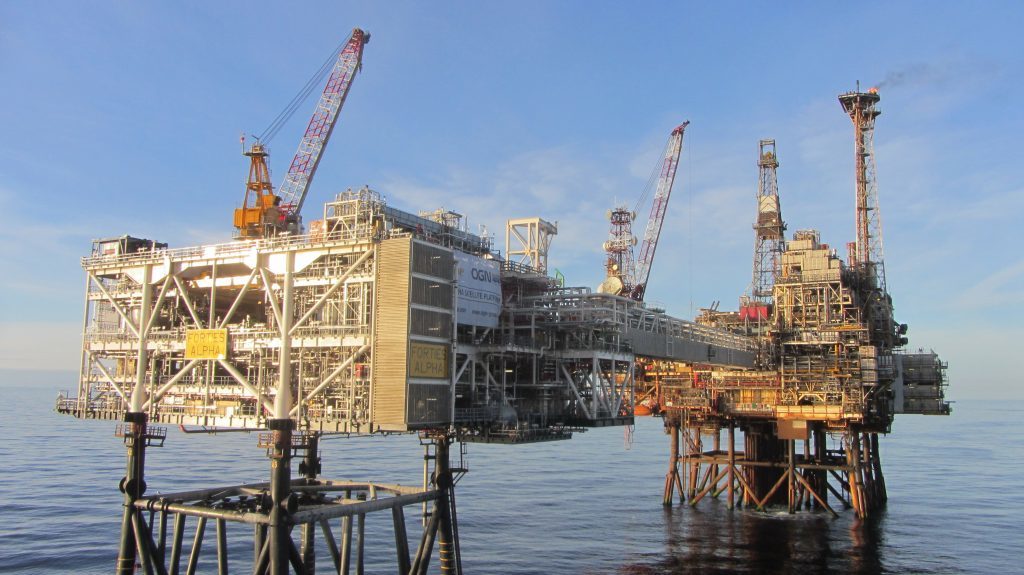
New plans to extend the life of a UK North Sea field were last night hailed as a potential boost for the oil and gas industry at a difficult time.
Lower oil prices and the Covid-19 pandemic have led to a large number of projects being cancelled or deferred.
But US-based Apache hopes to start drilling the Bacchus South well later this year, with the aim of first oil by the second quarter of 2021.
Production from the well could run until the end of the decade, peaking in 2022 at roughly 8,600 barrels per day.
Apache outlined its plans in an environmental impact assessment filed with the UK Government.
Ross Dornan, market intelligence manager at trade body Oil and Gas UK, said the proposals could boost a sector hit hard by “significant challenges”.
He added: “Climate change committee projections demonstrate continued demand for oil and gas in the decades to come and as part of a diverse, low carbon energy mix.
“A continued recovery in drilling levels will help us meet much of that demand from indigenous production – providing security of energy supply, while also retaining the sector’s expertise for developing the low carbon solutions we need for the future.”
The Bacchus field was discovered in 2005 and developed as a subsea tieback to the Forties Alpha platform, about 100 miles off the Aberdeenshire coast.
First oil came in 2012, but production has tailed off due to a combination of “historical issues” with well management, prompting Apache to make plans for the new well.
Apache also started drilling the Gair exploration well in May, with a view to connecting it to the nearby Beryl Alpha platform, about 100 miles east of Shetland.
However, Apache did say in December that it would reduce its global headcount by 10-15%. Details the impact on Aberdeen are yet to emerge.

